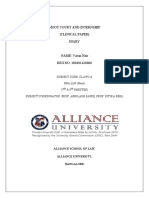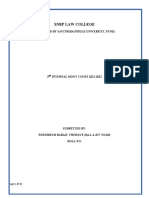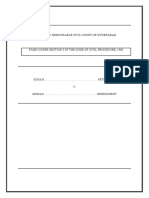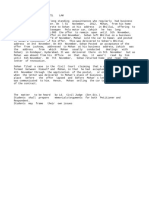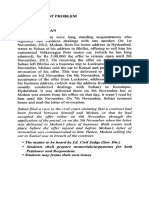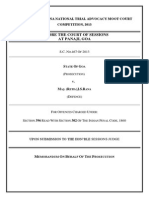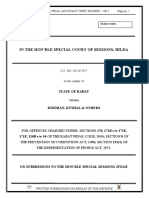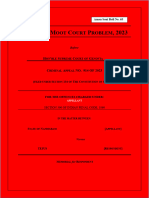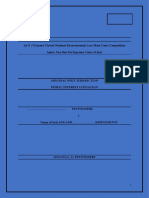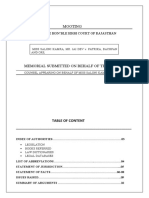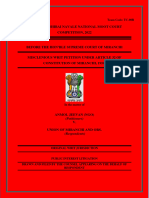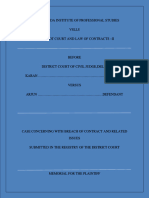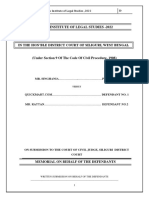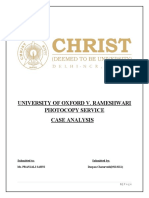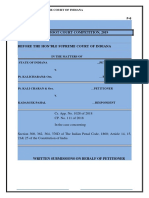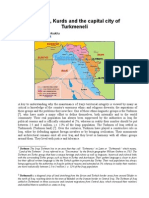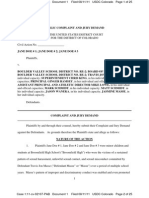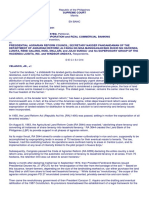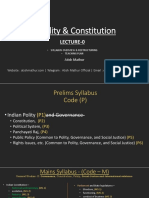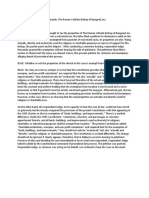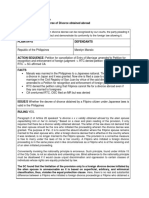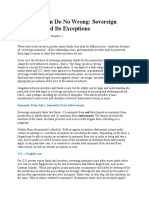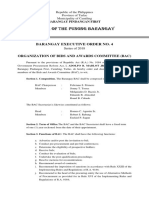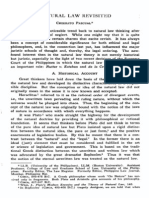0% found this document useful (0 votes)
969 views11 pagesMoot Problems
The document describes two moot court problems involving legal challenges.
Problem 1 involves a challenge to an amendment in the Mahadpur Preservation of Animals Act that imposed a total ban on cow slaughter. The petitioners argue the amendment violates various constitutional rights, while the state defends the law as a reasonable restriction in public interest.
Problem 2 involves a public interest litigation filed on behalf of Heena Ibraham, a Bangladeshi woman who was gang raped at a railway premises by railway employees. Key issues are whether a foreign national can claim compensation, if the railway is vicariously liable, and whether a 16-year old can be tried as an adult for gang rape.
Uploaded by
Fitness WorldCopyright
© © All Rights Reserved
We take content rights seriously. If you suspect this is your content, claim it here.
Available Formats
Download as PDF, TXT or read online on Scribd
0% found this document useful (0 votes)
969 views11 pagesMoot Problems
The document describes two moot court problems involving legal challenges.
Problem 1 involves a challenge to an amendment in the Mahadpur Preservation of Animals Act that imposed a total ban on cow slaughter. The petitioners argue the amendment violates various constitutional rights, while the state defends the law as a reasonable restriction in public interest.
Problem 2 involves a public interest litigation filed on behalf of Heena Ibraham, a Bangladeshi woman who was gang raped at a railway premises by railway employees. Key issues are whether a foreign national can claim compensation, if the railway is vicariously liable, and whether a 16-year old can be tried as an adult for gang rape.
Uploaded by
Fitness WorldCopyright
© © All Rights Reserved
We take content rights seriously. If you suspect this is your content, claim it here.
Available Formats
Download as PDF, TXT or read online on Scribd
/ 11
